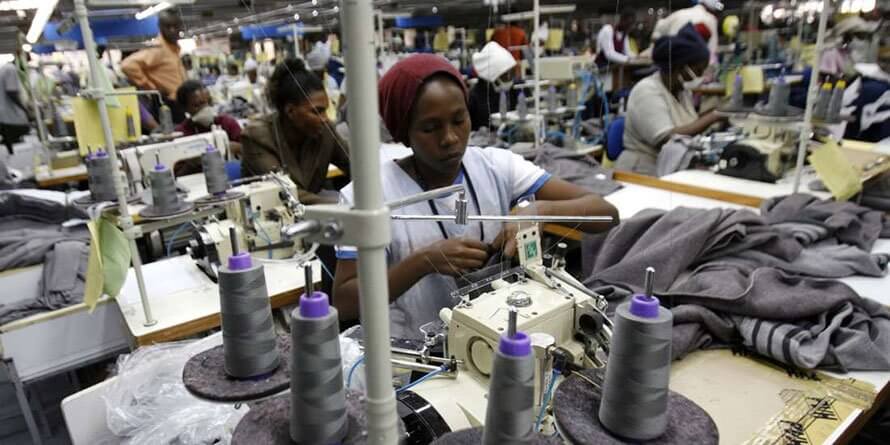
Our Projects are
Transforming African Trade
Quick Contacts
2nd Floor, Fidelity Insurance Centre Waiyaki Way, Westlands

NAIROBI, Kenya, Sept 17 – Kenya’s economy is expected to rebound in the last quarter of 2020 on the back of increased export of horticultural products, fruits, and tea to key markets, a new report has said.
According to a report released by Scope Markets, this will be a marked improvement, especially of the horticultural industry, which was losing at least Sh106 Million per day as a direct impact of the Covid-19 pandemic three months ago.
The report says the economy will rebound in the last quarter of the year against an earlier forecast of a contraction after key industries and manufacturing sectors were hit by the Covid-19 pandemic.
Scope Markets Kenya has indicated that Kenya’s flower industry, the largest exporter of blooms to Europe, is on the rebound following ease down on trade restrictions, witnessing export earnings increase in the period through July, as did those of tea and fruits compared to last year. This improved performance is expected to impact the entire value chain positively, with renewed economic activities
The European market accounts for nearly 70% of Kenya’s cut flower exports and coronavirus restrictions had slashed daily orders by half.
Scope Market analysts have also forecasted that Kenya’s economy will grow at 1.5% in 2020 driven by improved agricultural yields because of good rains and improved market conditions following an ease down of some of the strict Covid- 19 restrictions.
The analysts noted that the Covid-19 pandemic has had a negative impact on all businesses and sectors within the Kenyan economy. However, some sectors such as delivery services or grocery stores, have seized growth opportunities presented by the pandemic, witnessing a spike in growth.
While the positive signs of recovery are visible, the budget funding is a cause of concern for the Kenyan economy. The budget gap of East Africa’s biggest economy is seen at 840.6 billion shillings ($7.8 billion) in the current fiscal year or 7.5 percent of the Gross Domestic Product. Kenya, however, declined the G-20’s offer on debt relief because it would have a negative impact on existing commercial lending terms.
Kenya is with the World Bank for a loan to provide further budget support after receiving $1 billion in May, which followed a $750 million package approved by the bank in 2019.
Read the original article
Disclaimer: The views and opinions expressed in this article are those of the authors and do not necessarily reflect the official policy or position of TradeMark Africa.